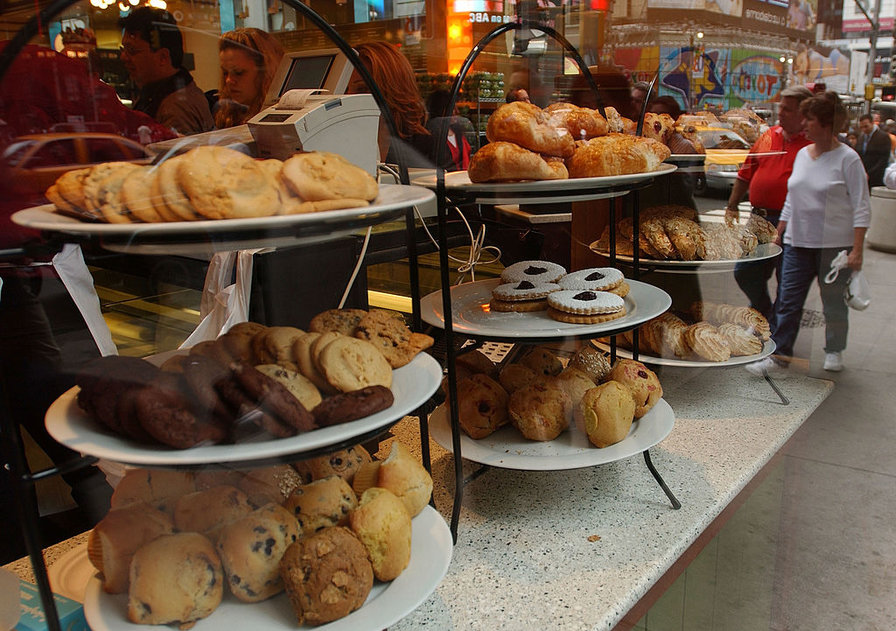
To breakfast or not to break fast? Fans of intermittent fasting say no, let your body burn off the previous day’s calories before starting the cycle again. Others claim the morning meal to be the most important. As with much of nutrition, vested interests respond with science that strengthens their argument, which is not good science.
Consider how your body breaks down food. Let’s say cake, which is predominantly carbohydrates and fats. Fat is processed by your liver; some of it is immediately utilized as fuel while the rest is stored in muscles. Whatever is left over is stored in adipocytes, fat cells, throughout your body. Most of this will become subcutaneous fat, as well as visceral fat, which collects around your midsection.
The enzymatic process of turning carbs into glucose and fructose occurs when saliva interacts with whatever you put in your mouth. Cake contains plenty of glucose—from flour as well as table sugar and milk sugars—that your bloodstream quickly utilizes. Your body demands an enduring supply of glucose, but too much proves to be toxic. In the long run, cake doesn’t help.
Your pancreas pumps out insulin to regulate your blood sugar, with some it heading to your liver. Your liver is already busy turning glucose into glycogen, but the carbs are slowing the process, turning the glucose into fat cells. Most of the glucose (about 80 percent) is being used as energy for your brain, organs, and muscles. The carbs are the real problem, changing how your liver processes fat.
Such is the case with the fructose broken down by your saliva.
Once again your liver is being taxed, as fructose can only be processed by that organ, unlike glucose, which is employed throughout your body. Fructose is stored either in your liver or systemwide as, you guessed it, fat cells.Now, suppose you eat that delicious cake in the morning. As the day goes on you might try to use the energy through the release of glucagon, produced by the pancreas, and cortisol, produced by your adrenal glands. The real problem with this dietary decision, however, is ingesting copious amounts of sugar first thing. Harvard paleoanthropologist Daniel Lieberman explains what cake does to your body:
Not only are you getting more calories than you need, but the lack of fiber causes you to absorb the…
The post Why Do We Eat Dessert For Breakfast? appeared first on FeedBox.